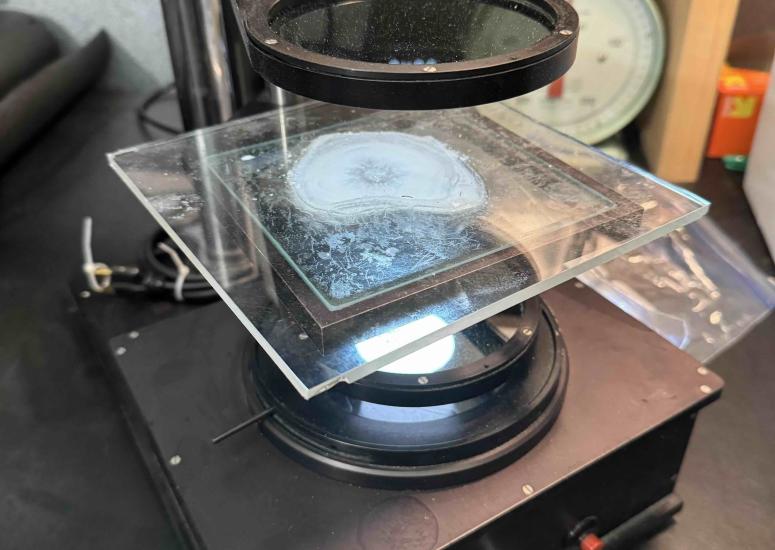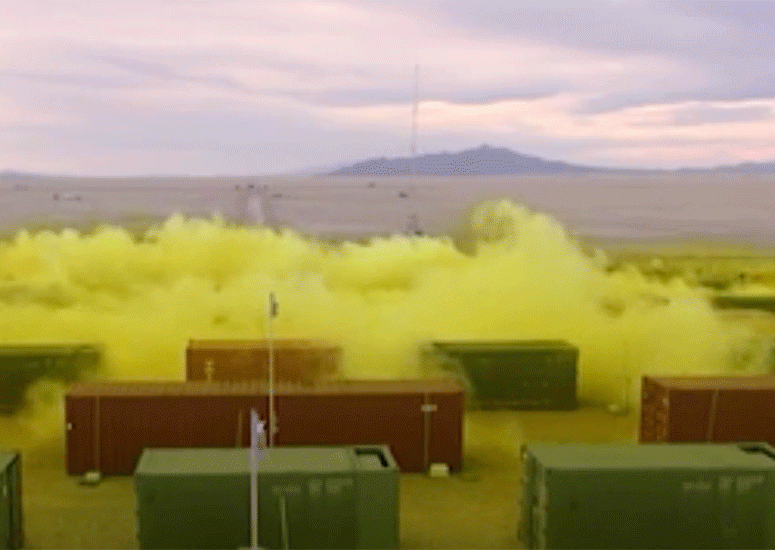Tag: Observing
-

Understanding the lifecycle of a hailstone
The In-situ Collaborative Experiment for the Collection of Hail In the Plains (ICECHIP) field campaign was the first major U.S. hail field campaign in over 40 years. Over 10,000 hailstones were collected, a selection of which are now being analyzed at the U.S. National Science Foundation National Center for Atmospheric Research (NSF NCAR).
- Weather
-

Shedding light on the source of solar storms
Scientists at the U.S. National Science Foundation National Center for Atmospheric Research (NSF NCAR) are developing COSMO to address the need for more advance warning of CMEs heading towards our planet. The ground-based solar observatory would transform humanity’s fundamental understanding of the formation of solar eruptions and other space weather that can affect technologies – and therefore the lives and livelihoods of people – on Earth.
- Sun + Space Weather
-
NSF NCAR C-130 flying low over the New York City area starting today
From July 16 through August 31, a C-130 research aircraft will periodically fly over the tri-state area to collect data about air quality.
- Air Quality
-
Pieternel Levelt selected as member of Royal Netherlands Academy of Arts and Sciences
Pieternel Levelt, director of NSF NCAR's chemistry lab, has been honored as a member of the Royal Netherlands Academy of Arts and Sciences.
- Air Quality
-

NSF NCAR provides critical guidance to U.S. military planners
NSF NCAR scientists have developed a suite of high-technology tools that give military leaders vital intelligence about weather and climate conditions.
- Weather
